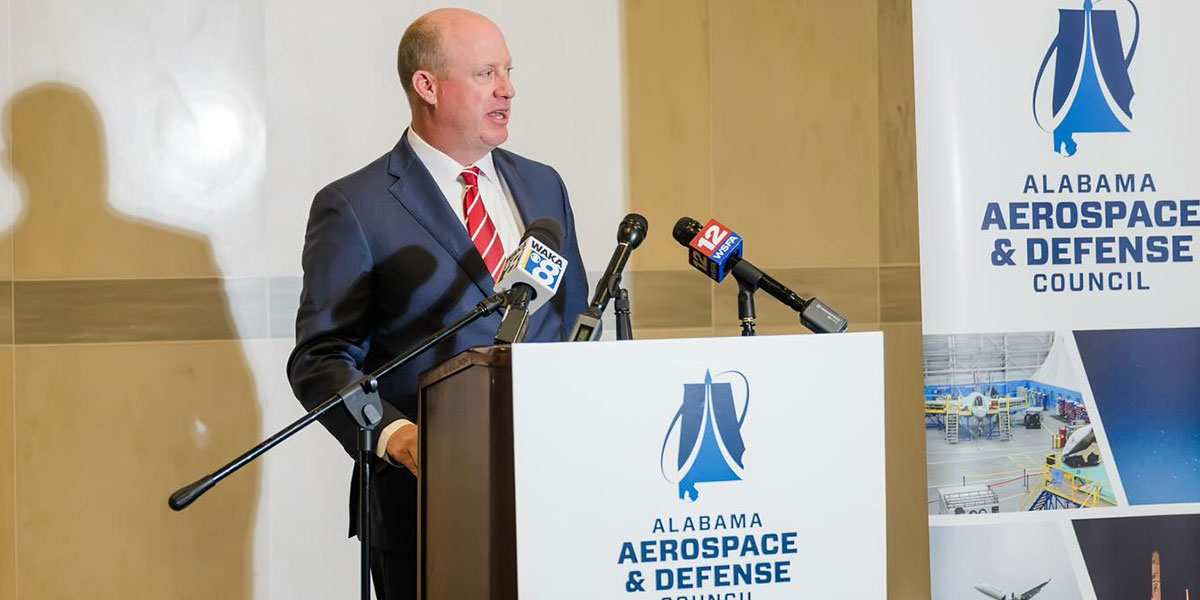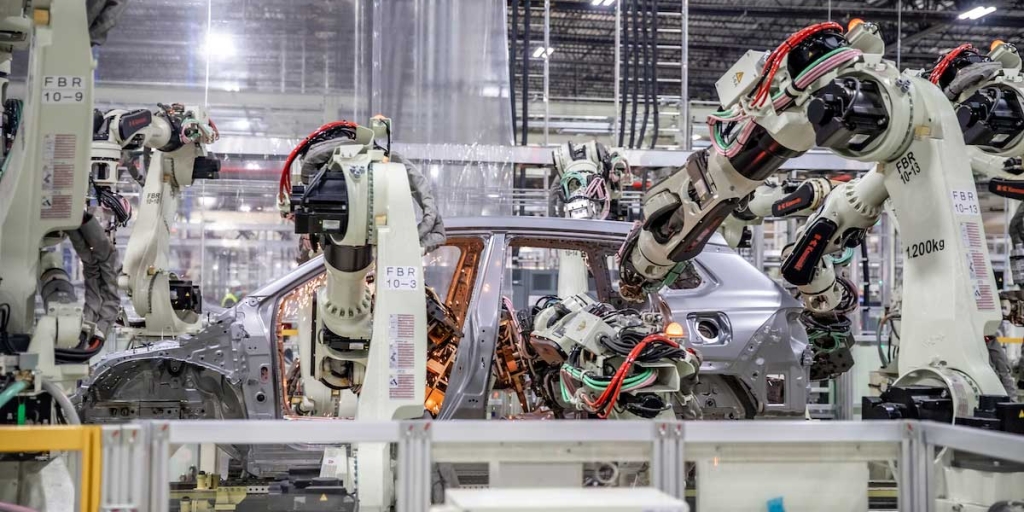Manufacturing is central to Alabama’s economy as the sector accounts for nearly one-fifth of our state’s GDP, generates more than $40 billion in annual economic output, and provides nearly 300,000 Alabama workers with high-quality, good-paying jobs.
Irrefutable evidence proves that Alabama manufacturers are winning on the international stage. Our state now ships goods to nearly 200 countries and is the nation’s number one auto exporter.
Since taking office, I have supported Alabama’s manufacturing sector and pushed efforts to ensure our workers are prepared to fill the manufacturing jobs of the future.
The Lieutenant Governor’s Commission on 21st Century Workforce that I lead has developed a comprehensive plan to improve and modernize job training initiatives so that manufacturers can always find the workers they need here in the Yellowhammer State.
While we continue to work at the state level to strengthen Alabama’s manufacturing sector, our manufacturers need help from Congress, as well, and it can begin by immediately extending a host of federal tax provisions before they expire.
Failure to take quick congressional action will result in manufacturers and manufacturing workers paying a steep price.
To understand why action is needed this year, we must go back to 2017, when Congress and President Trump enacted the Tax Cuts and Job Act, known by the federal acronym of TCJA. This legislation made major changes to the federal tax code that unleashed a manufacturing boom.
It created a pro-growth tax system that made the U.S. a leader in manufacturing innovation and job creation, which prompted President Trump to famously label the bill as “rocket fuel” to our economy.
Over the last seven years, some of the TCJA’s tax provisions have expired, and at the end of 2025, more of them will end.
This deadline is why Congress must act without delay.
A recent National Association of Manufacturers report shows what is at stake. According to the NAM analysis, failure to preserve provisions of the TCJA could cost Alabama 80,000 jobs, $7 billion in worker wages, and $14.1 billion in gross domestic product.
These losses would be felt across Alabama, with each congressional district potentially losing 9,000 or more jobs. For communities that depend on manufacturing employment, these losses would ripple through local economies, with businesses in retail, hospitality and other sectors also feeling pain.
Fortunately, Congress can prevent these losses by enacting a tax agenda this year that preserves tax cuts, promotes pro-business policies, and supports Alabama manufacturers across the board — from the largest corporate employers to the smallest mom-and-pop operations.
For small manufacturers, which form the backbone of many Alabama communities, Congress should preserve tax policies and rates that allow small business owners to free up capital and reinvest in their workers and growth. Congress should also ensure that the estate tax continues to exclude small family-owned businesses so that heirs are not forced to take on debt or sell the company when an owner passes away.
Manufacturers of all sizes need tax policies that reward innovation and investment, which is why Congress should extend or reinstate policies that encourage them to funnel dollars toward research and development, purchasing equipment and machinery, and financing job creation and growth.
We must also ensure that manufacturers in Alabama and across the nation can compete globally.
Before the TJCA, the federal corporate tax rate was 35 percent, which was the third highest rate in the world and a crushing burden that put domestic businesses at a serious disadvantage. Maintaining the current rate of 21 percent will help manufacturers continue to compete.
When it comes to tax policy and manufacturers, time is of the essence. Many manufacturers are making investment decisions now that will affect employment and production for years to come, and they are seeking clarity and certainty from Congress that a pro-manufacturing agenda is again on its way.
Fortunately, Alabama has leaders in Congress who know what manufacturing means to our state.
As Congress gets to work on tax policy in 2025, I am confident that our delegation will speak up for our manufacturers and push for a tax agenda that preserves jobs and our manufacturing growth.
Will Ainsworth is the Lieutenant Governor of Alabama.













